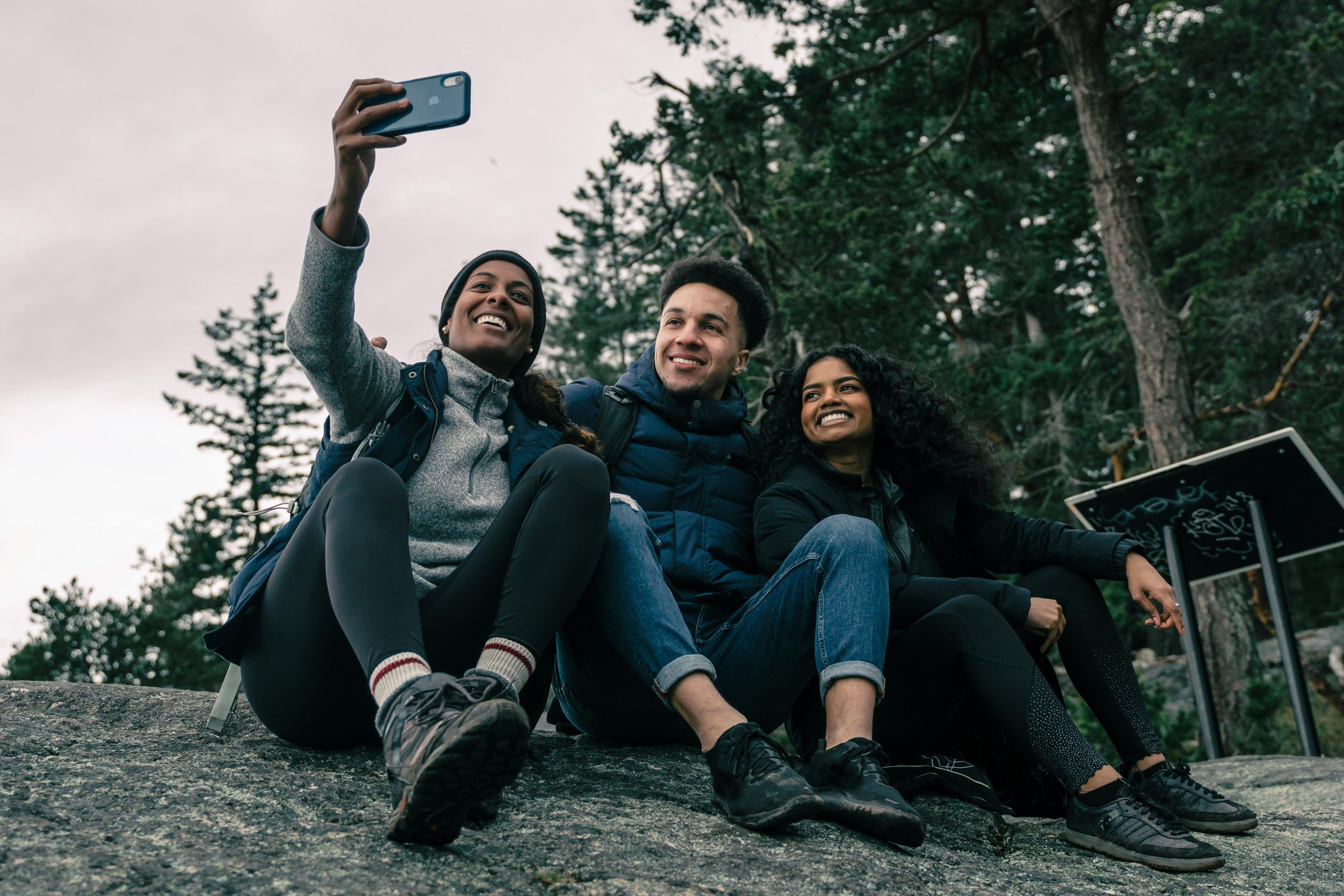Building and Maintaining Relationships
LESSON 3.0
In this lesson we, highlighted the importance of relationships to our success in the future.
You will need to trust, confide in, rely on, collaborate with, and depend on other people in the workplace and in life. Right now, it may be easier to only expend energy building relationships with a few select people you feel comfortable with.
But if you truly want to develop yourself and cultivate the skills for success—durable skills—start by working to improve all your relationships now, using some of the points from this lesson. As you move forward, be aware of how, when, and why you build relationships.
Business and Personal Relationship Benefits: The Similarities
Understanding others better and tapping into their capabilities. In both types of relationships, knowing each other’s strengths and abilities allows you to accomplish much toward your mutual goals.
Knowing how to focus your priorities based on others’ feedback. Giving and receiving feedback allows parties of both types of relationships to better understand and focus on shared priorities.
Seeking missing links that may help your success. Each member of the relationship may have resources, connections, or relationships that the other could also benefit from.
Improving how to deal with challenges and keeping innovation flowing. The other person may see things differently, providing you with perspectives that you might not normally have considered. This allows both to continue to innovate and build problem-solving skills.
Creating a higher level of presence, highlighting your relationship-building skills. When people see you in a strong relationship, they feel secure about creating connections and relationships with you.

Activity
Choose at least two of the benefits mentioned above that you have seen or experienced by being part of a relationship. Did you observe or experience these benefits in a personal or professional setting? Write your answer in your journal, or share it with the group.
Feel free to complete this metacognitive self-review.
Why list relationship building on your resume ?
First, it proves your ability to communicate effectively with colleagues, bosses, partners, and clients, showing adaptability across teams and a quick orientation process.
Secondly, it implies that you can build strong connections, minimize conflict, and maximize cooperation, which makes you valuable to employers.
Thirdly, it’s a sign you have developed other soft skills such as active listening, patience, persistence, and teamwork that are all exceptionally valuable to recruiters.
Summary
In conclusion, we want to emphasize that building relationships, much like honing any other durable skill, demands conscious effort and deliberate focus. Establishing and maintaining strong, mutually beneficial relationships might not come naturally to everyone. However, if you invest the effort to learn how to cultivate relationships, you'll greatly enhance your prospects for success in both work and life.
STEPS FOR CHANGE
-
To be yourself, you need to know and appreciate yourself. So work on self-awareness, self-acceptance and self-appreciation. Are you moody? What makes you moody? Are you talkative? Do you tend to share too much? Are you nurturing or needy? Knowing and accepting yourself will allow you to get to know and accept others.
-
In all your relationships, strive to earn the respect and trust of others. You can achieve this by being responsible, keeping promises, respecting boundaries, and avoiding judgmental or critical behavior, instead being unbiased and encouraging.
-
Communication is key. Learn how to genuinely show interest in others. Listen and respond using empathy and emotional intelligence to shape your response. Speak in a manner that encourages and uplifts, aiming to strengthen connections.
Thought of the day
“Whether they stem from business or personal situations, our relationships are what support us, connect us, and allow us to progress in all aspects of our lives.”
― Michelle Tillis Lederman, 11 Laws of Likability

